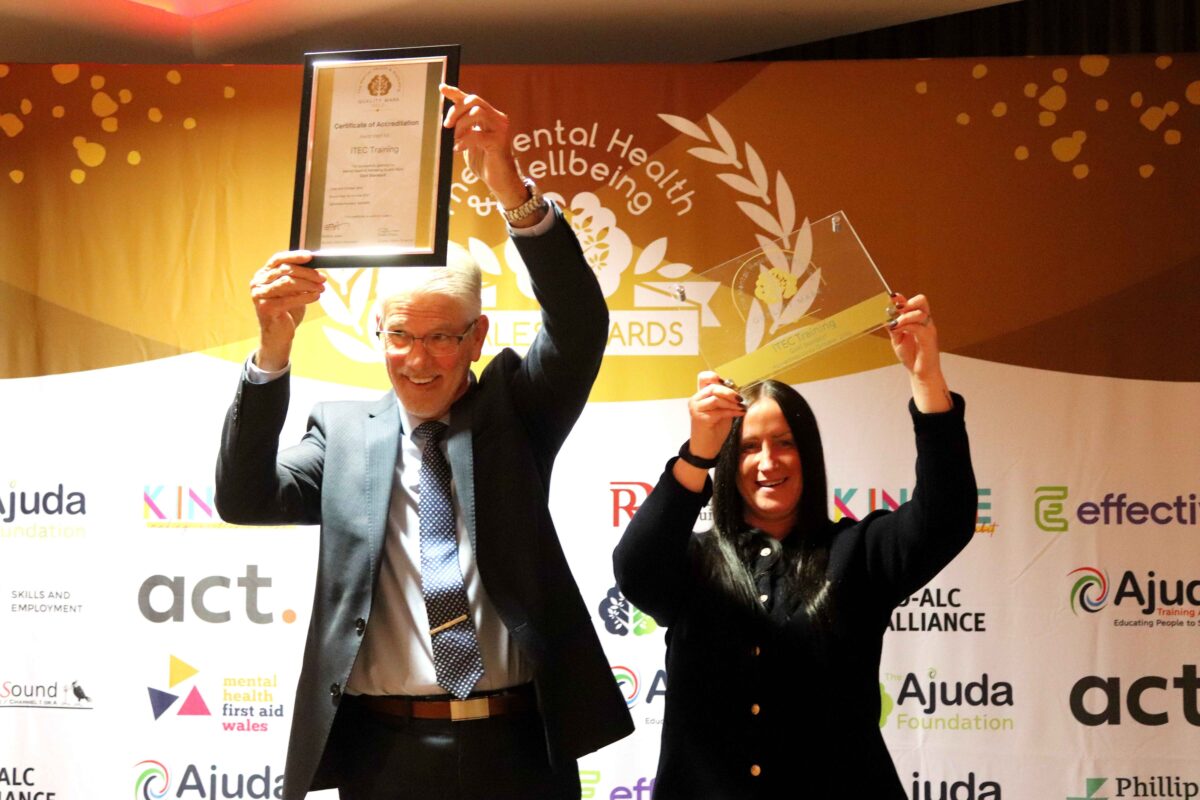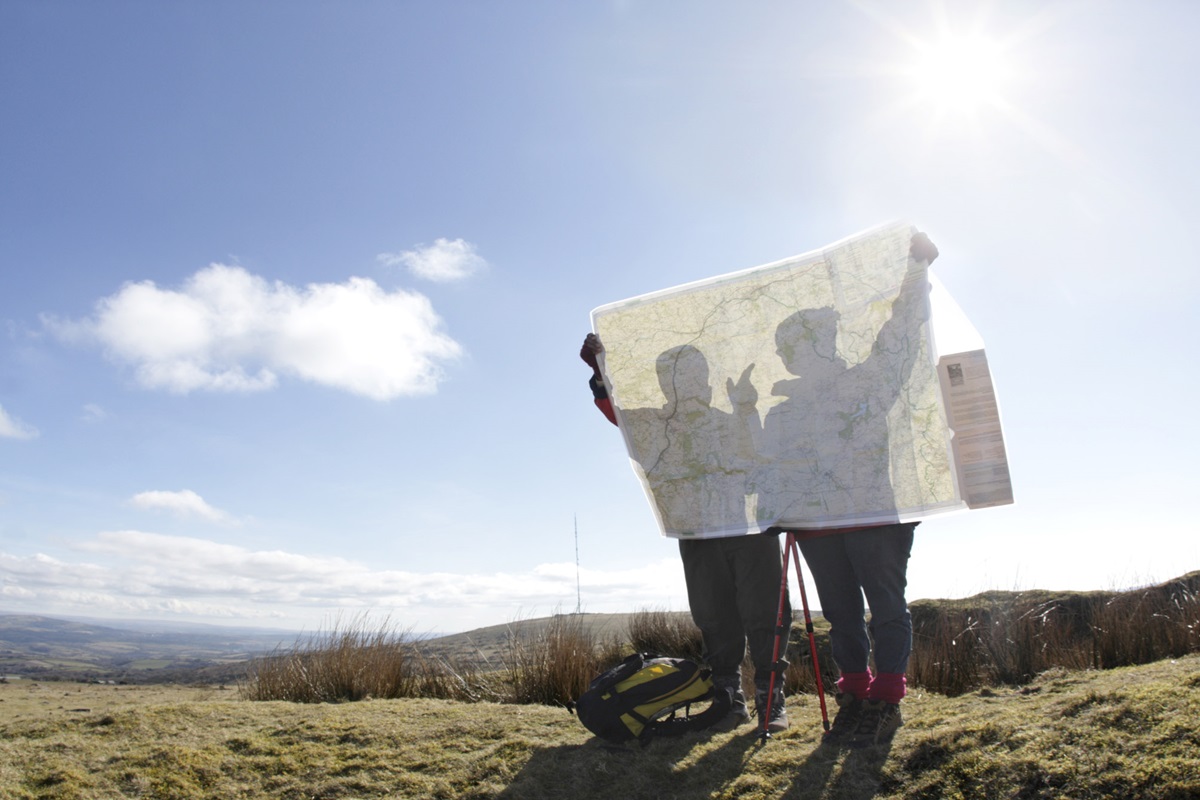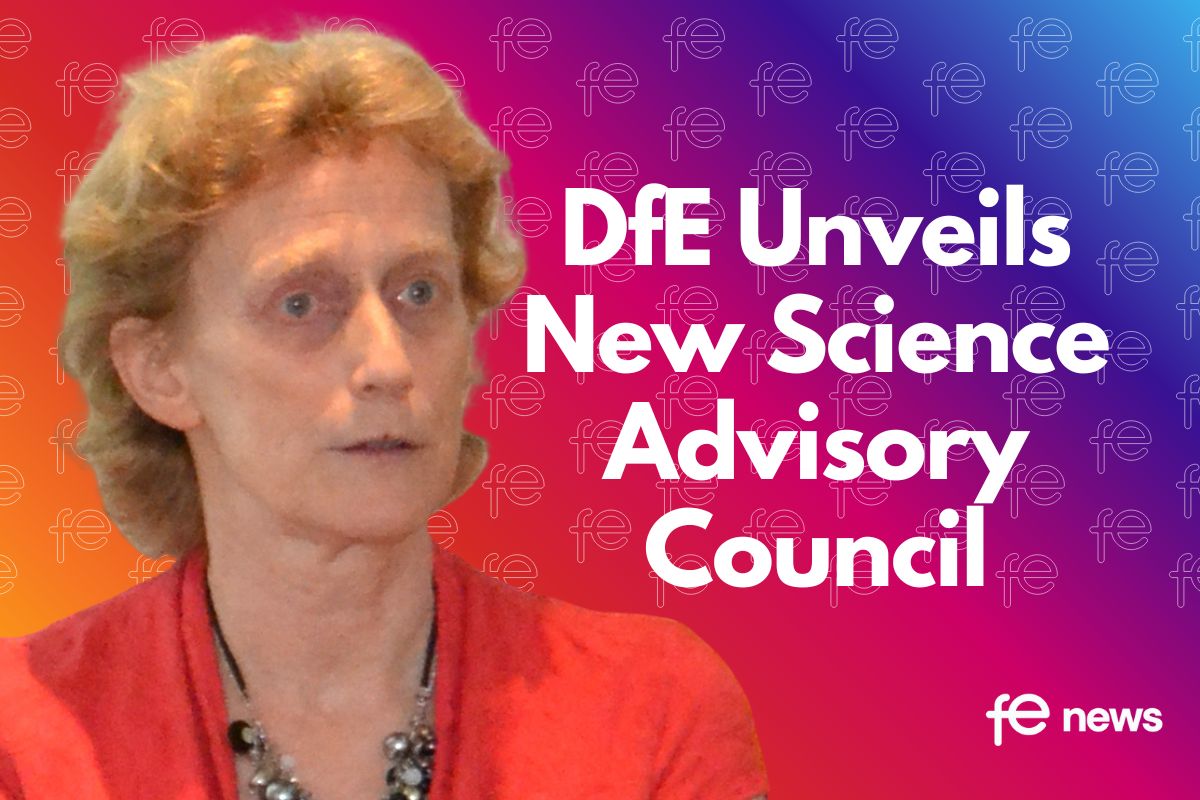From Trade Association to EPAO

In 2020, The Lift and Escalator Industry Association (LEIA) embarked on the journey to fulfill a commitment to the sector it represents as a trade association to become an End-Point Assessment Organisation. Fast forward to 2021 and that commitment developed into something much bigger with the introduction of Ofqual regulation for all EPAOs. Karen Slade, Head of End-Point Assessment at LEIA, charts the journey.
LEIA is a small trade association representing the lift and escalator sector. We have three Apprenticeship standards, so we are classed as a ‘micro’ EPAO. The lift and escalator sector widely recognise specialist NVQ qualifications that electromechanics are expected to achieve to work in the sector and is serviced by a small number of training providers and employer providers. This means that the pool of qualified assessors and quality assurers is small.
As a micro end-point assessment organisation, the ‘burden’ of regulation is just the same as an EPAO offering thirty standards – but obviously, we have a smaller resource available. We faced many challenges initially, and numerous requirements to manage, such as conflicts of interest, quality, and development.
The challenges of building a competent team
The first challenge was recruiting the right team to help us reach our goal. Finding and working with occupationally competent experts should run through the core of everything an EPAO does. However, this must be done whilst managing conflicts of interest (COIs). The types of COIs a micro EPAO could face may be things such as finding suitable people to develop assessments and assess who do not work for competitors, training providers, or even within the wider business related to the EPAO.
When we advertised for the assessment team this presented issues as we expected. Whilst the applicants were competent, and were often qualified, they were also conflicted in a way that was going to be particularly challenging to manage. Many of the applicants were working for Providers delivering the training element of the apprenticeships we were offering EPA for. This meant that it would be very tricky to ensure they had not trained an apprentice that came through for EPA due to the sector being so small. Operating under Ofqual regulation requires COI to be managed robustly to ensure assessments are developed and delivered in a fair manner for all.
LEIA’s place within the sector and our core values of quality and promoting safe working practices added to another dilemma in the recruitment process. As we searched for occupationally competent qualified assessors who were not conflicted, while knowing that we did not want to dilute the pool of competent assessors in the industry, we decided to create a team from scratch. For LEIA, the top priority was ensuring that our assessment team was credible. The only way we could achieve this was by working with occupationally competent people.
Growing a team from scratch
We appointed a team of associates with either current or recent past involvement with the very roles we assess. Taking experienced people from the industry, while ensuring that we had the right sector-specific knowledge, meaning that the new team had to be trained in assessment and developing assessment tools. This, with the new requirement for all EPAOs to have Ofqual recognition, presented a challenge that has caused many other EPAOs to exit the market.
The approach of taking industry experts and training them in assessment had implications such as:
- Assessment plans often require Independent End-Point Assessors to be qualified assessors.
- Gaining a full assessment qualification such as the Certificate in Assessing Vocational Achievement (CAVA) requires assessors to have learners assess to produce evidence.
- IQAs are also required by many Awarding Organisations to be qualified assessors and have experience in assessment before they can attain their IQA qualification
- Qualifying an entire team requires funding from the EPAO
This felt like an impossible circle of requirements to work with, especially if you are an organisation that does not offer training and has no access to learners. I was, however, able to source a training provider who had developed a model of delivering assessment and Internal Quality Assurance qualifications that did not compromise on the quality of the experience for the new team.
Aim Higher Training and Development worked with LEIA to develop a training programme for our assessment and quality team. This involved each of the assessment teams assessing another member of our team through a professional development unit, plus assessing one or two other external learners on single-unit awards. A best practice approach towards assessor and IQA training were adopted. Part of this approach was the idea that all our associates worked towards the professional development unit that would embed their understanding of professional development planning. It would also reinforce the importance of maintaining and recording their own records on continuous professional development for our assessment.
This development programme took a great deal of planning. It also required a lot of time from our team to complete their assessment and quality assurance qualifications around their ‘day jobs.’
The process of developing the team to the point of being qualified to offer assessment has taken ten months. Many of the team have had either none or a small amount of exposure to training assessment or quality assurance previously, so it was a steep learning curve for some of the team.
In addition to qualifying our team in the assessment and quality assurance, we also wrote a comprehensive induction and training plan. This involved policies, procedures, assessment etiquette, assessing remotely, quality assurance, and specialist IT training. Expertise was drafted in from experienced end-point assessors to provide a real picture of what delivering EPA looks like, as well as working with award-winning medium-sized EPA Professional Assessment Limited to provide additional training to our quality team.
We are now at the point where the first apprentices have completed their end-point assessments with positive results. The EPA team is going from strength to strength, armed with the tools they need to deliver excellent EPA to the apprentices of our sector.
The right technology to support assessment.
As part of the journey to developing an assessment team, LEIA needed to set up systems and processes which would be cost-effective, but also able to support the assessment team in the delivery of EPA. As a micro EPAO, we decided to adopt ACE360, an EPA management tool that allows us to monitor the progress of apprentices from registration to completion. The system has a timeline approach and keeps all gateway, evidence, and assessment materials stored securely in one place.
We also created a new website (www.leia-assessment.co.uk), where our IT resources can be accessed easily.
Key Lessons learned.
- Employ an experienced EPA Manager
- Select the right people to sit on your assessment team.
- Where possible always over resource (hold a bank of casual staff if you employ full-time).
- Be clear on your expectations of the team from the beginning.
- Work with a good quality training company to deliver best practice assessor and IQA training.
- Engage with other professionals to support you in the development of your EPA offer and team.
- Always plan additional time for the induction and training process.
- Set up a team site such as SharePoint and regular virtual meetings where your team can ask questions, and get to know each other.
It takes a village.
As an experienced EPAO manager, I have built up lots of contacts within the EPA sector over the last five years. I am delighted to say that based on my experience EPAO is the most supportive group of organisations I have ever had the pleasure of working with. I have drawn support from so many key individuals and organisations, and I have paid that forward by doing the same to others at various stages of their EPA journey.
Whilst the LEIA Assessment project is concluding the initial stages of development and set-up, it’s a good time to reflect on what we have achieved. At times there have been bumps in the road, but I know that the team I have built is focused on delivering excellent EPA and moving the provision forward.
As a small trade association that had no experience in delivering training services, let alone EPA, it has been a real learning curve. Gaining Ofqual recognition elevated our governance structures and internal conflict of interest management. We were gratified that we succeeded in gaining Ofqual recognition on our first application.
We are now in a strong and positive position, being able to offer our first End Point Assessments to our apprentices to support them as they progress into the profession. These are exciting times, and we are looking forward to taking many more apprentices through EPA in the future. It has been a long journey and we are grateful for all the hard work and dedication from our Associates, staff at LEIA, and our training provider Aim Higher Training and Development.
- Karen Slade is Head of End Point Assessment at LEIA https://www.leia-assessment.co.uk/











Responses